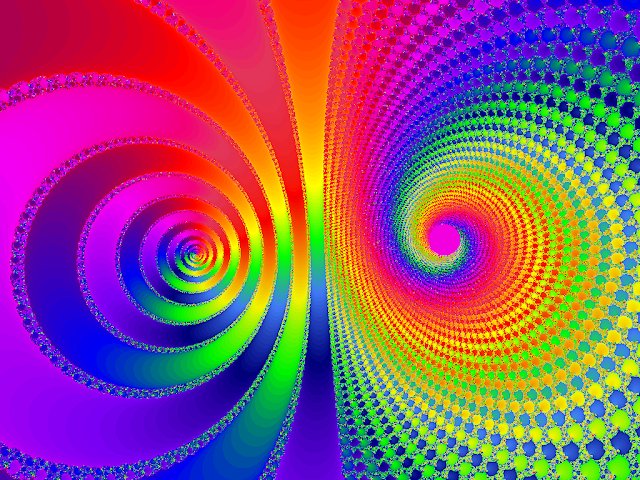How Designer Babies Highlight Society's Immaturity

The question of designer babies is usually met with disdain. You don't even have to be religious to object to the idea of customising a human before it's born. Indeed, this concept doesn't just "go against nature", it makes us question what it means to be human. The possibility of customising an embryo with the view to having an "enhanced" child opens up a veritable test tube of questions. What are the implications of being able to set a child's intelligence, their strengths, their abilities? Then there is the questions that really hit a nerve: "Would people chose not to have a black baby when they know it will be subject to persecution and prejudice?" The whole issue is surrounded by frightening dilemmas. The problem is, it's already here. We currently screen embryos for birth defects such as spina bifida, and many would argue that prevention or removal or deficiencies is a form of enhancement. Of course, we can try to sep



